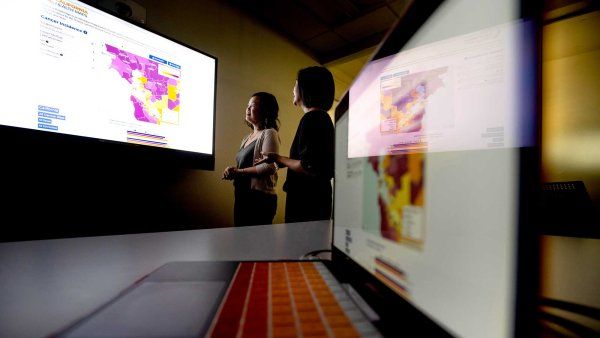University of California San Francisco
-
-
Feeling Rough After Your COVID Shot? Congrats, It’s Working!
Adverse symptoms from the COVID-19 vaccine such as chills and headaches are linked to a robust antibody response, indicating increased efficacy compared with recipients who did not experience side effects.
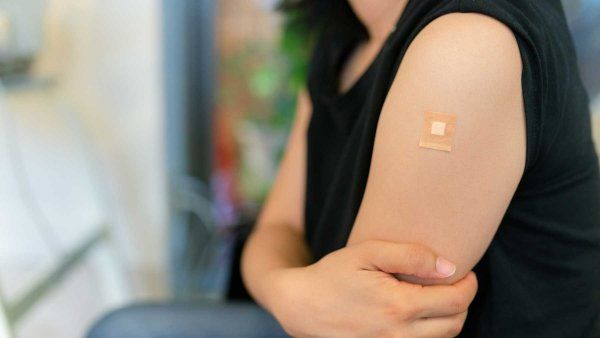
-
‘There Was No Other Way’: How UCSF Got Its News Three Decades Ago
With no social media and cable news still in its infancy, major TV networks and daily newspapers were the only game in town.

-
For Type 1 Diabetes Distress, Focus First on Managing Emotions
Diabetes distress, the fears, worries and burdens associated with living with and managing diabetes, affects up to 75% of adults with Type 1 diabetes. The most effective way to reduce diabetes and improve glucose control is to focus on managing the emotional strain of living with the condition.

-
Doctors Exploring Possible Link Between COVID and Cancer
-
How – and Why – to Reset Your Kids’ Screen Use for Summer
Recent research on screen use in children and teenagers examined the effects of screen time on sleep, nutrition, body mass index (BMI) and step count.

-
An Insider’s View on Why It’s Important to Take UC-Required Security Trainings
UCSF boosts compliance with mandatory trainings to meet UCOP and Regents’ priorities.
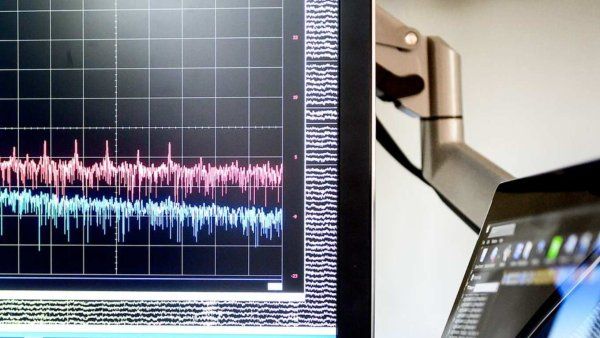
-
How the Cell Cycle Orchestra Plays an Unexpected New Tune
Multiciliated cells, cells with hundreds of hair-like structures that move called cilia, keep things like mucus in the lungs and cerebrospinal fluid in the brain flowing in the right direction.
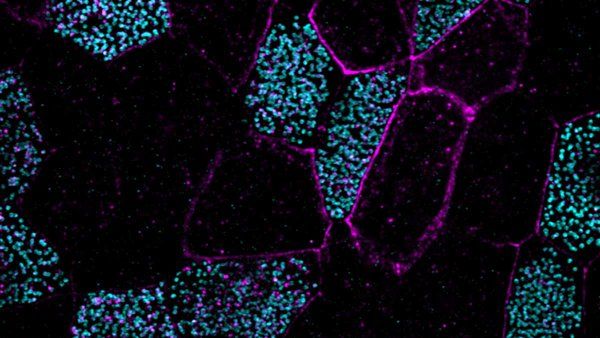
-
Why Do 1 in 10 Americans Get Eczema? Is it Too Much Salt?
A high sodium diet may increase the risk of eczema. Eating just one extra gram of sodium per day – the amount in a Big Mac – increases the likelihood of flares by 22%.

-
Great News, Parents: You Do Have Power Over Your Tweens’ Screen Use
For tweens, restricting screens in bedrooms and at mealtimes and modeling healthy practices at home are parenting practices that work best to curb screen time and addictive screen behavior:
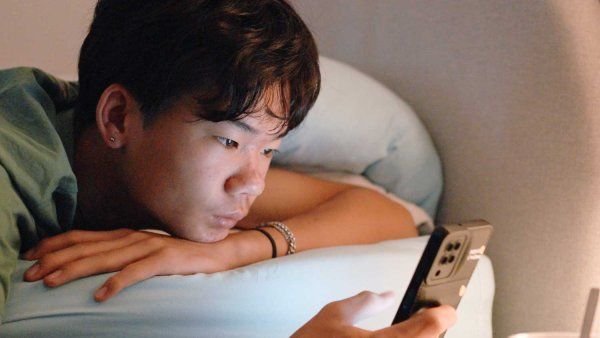
-
To Improve Health Care for the Underserved, Train Local Residents
Students from the UCSF schools of medicine, dentistry, and pharmacy traveled to Sacramento to advocate for expansion of UC PRIME Program, which aims to recruit and support students who are interested in working in underserved geographic areas to improve health care. Many participants come from diverse backgrounds similar to the places they often end up serving.
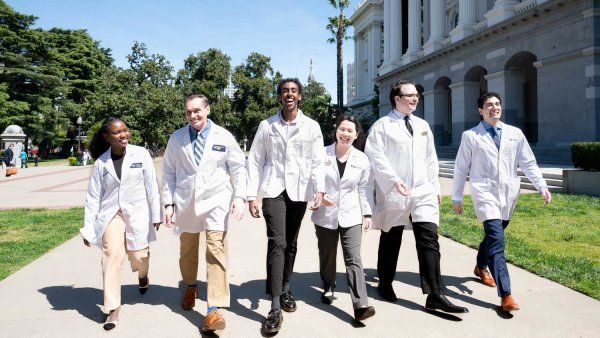
-
Why Do Teens Have Sex Early? Family, Neighborhood Are Big Factors
Teens who come from close-knit neighborhoods and families are less likely to have sex at a young age, while teens’ schools have less influence on their sexual behavior.

-
Adults Care About Gender Politics Way More Than Kids, Doctor Says. So Why Is It Such a Big Deal?
-
Traumatic Brain Injury Strikes 1 in 8 Older Americans
Traumatic brain injuries for people over age 65 can raise their risk for dementia, Parkinson's, cardiovascular and psych disease. Contrary to earlier research, the study found that healthy, wealthy white women are at higher risk.
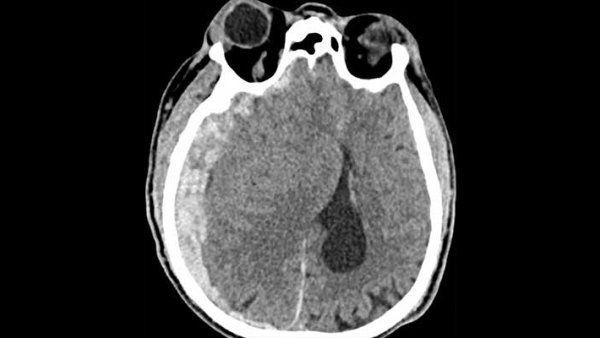
-
Trial Shows Promise from Using Acetaminophen to Treat Sepsis
A clinical trial supported by the NIH has found that intravenous acetaminophen reduced sepsis patients’ risk of having organ injury or developing acute respiratory distress syndrome (ARDS), a serious condition that allows fluid to leak into the lungs.

-
2024 Awards Honor Outstanding Achievements by UCSF Alumni
The Alumni Association of UCSF (AAUCSF named thirteen UCSF Alumni Achievement Awards winners for 2024. These awards honor alumni across UCSF’s four schools – Dentistry, Medicine, Nursing, and Pharmacy – and the Graduate Division for their extraordinary contributions to clinical practice, research, entrepreneurship, philanthropy, service, and mentorship, and early-career success.
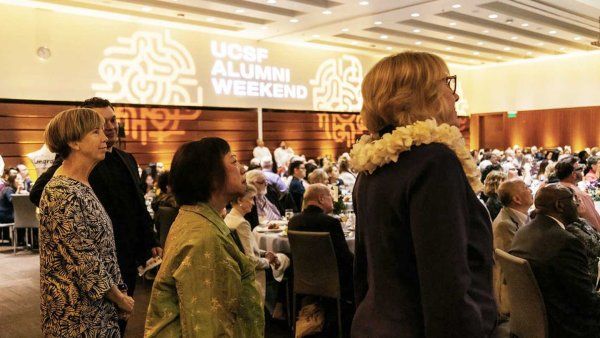
-
How Space Research Helps Fight Infection and Aging Back on Earth
Liver samples that spent two months in the International Space Station will be studied to observe how microgravity ages liver cells and impacts their ability to regenerate. Understanding how aging damages the liver – and ways to potentially reverse that damage – could pave the way for better prevention and treatment of liver disease.
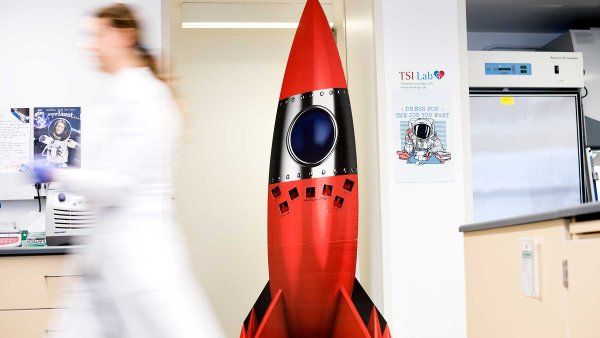
-
UCSF Health Reaches 15,000 Robotic Surgeries
Gastrointestinal cancer surgeons at the UCSF performed the health system’s 15,000th robotically assisted minimally invasive surgery, making it the first University of California health center to reach this milestone.

-
Joseph Papa Doesn’t Know ‘Quit,’ Even After 2 ACL Tears
Student athlete Joey suffered two severe ACL tears. He received surgery in 2023 by Nirav Pandya, MD, at UCSF Benioff Children’s Hospital Oakland and is back competing on the basketball court and track and field.
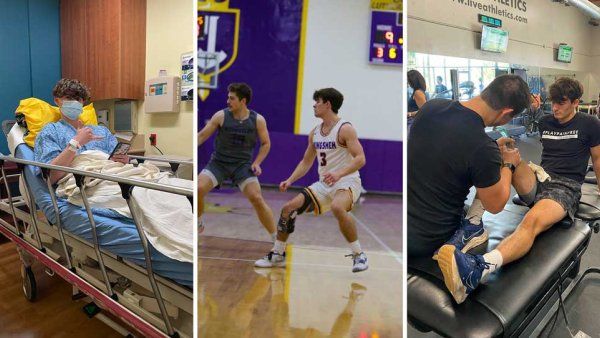
-
Microbiome Points the Way Toward Surviving a Grueling Therapy
Researchers have found links between lung microbial communities and mortality risk in pediatric bone marrow transplant patients. Metagenomic sequencing revealed distinct patient clusters and unexpected pathogens, highlighting the need for precise diagnostics and therapeutics. Antibiotic treatment was associated with bacterial depletion and enriched viral and fungal populations.

-
How Anti-Asian Hate is Worsening Older San Franciscans’ Health
Anti-Asian hate may be fueling isolation and poorer health among elderly San Francisco residents.
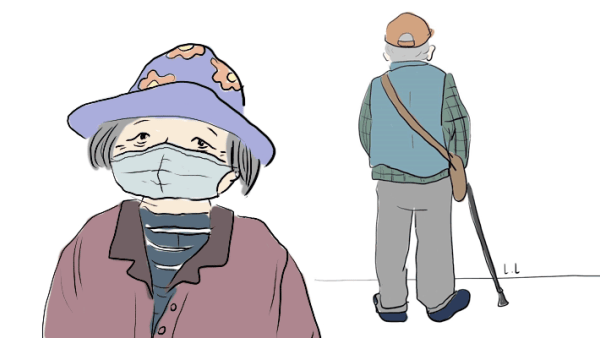
-
The Biggest Energy Users in Cancer Treatment Aren’t What You Think
Energy expended for hospital and clinic electricity, climate control and ventilation is by far the biggest source of greenhouse gas emissions in radiotherapy, a treatment used in more than half of cancer cases.

-
2024 Founders Day Awards
UCSF salutes the exemplary service of faculty, staff and learners to the University and to our community at large as we work to advance health worldwide.
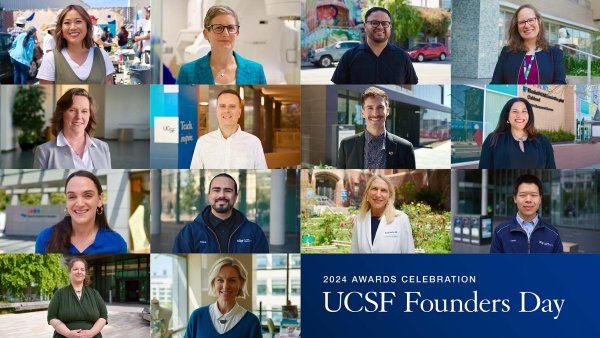
-
‘Courage and Strength’ Helps UCSF Research Analyst Be Authentic Self
The GRLN policy empowers individuals like Luz, promoting inclusivity and impacting personal lives.
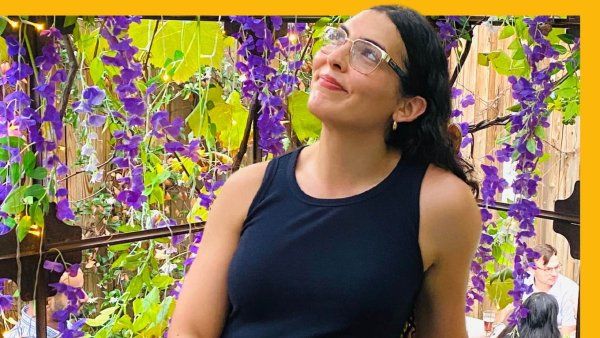
-
Plant-Based Foods May Reduce Risk of Prostate Cancer Progression
-
How Neurons Build a 3-D Vascular Structure to Keep the Retina Healthy
UCSF researchers discovered the first known neurons in the retina that connect to blood vessels. Understanding these neurons can help treat and prevent vascular-related vision loss.
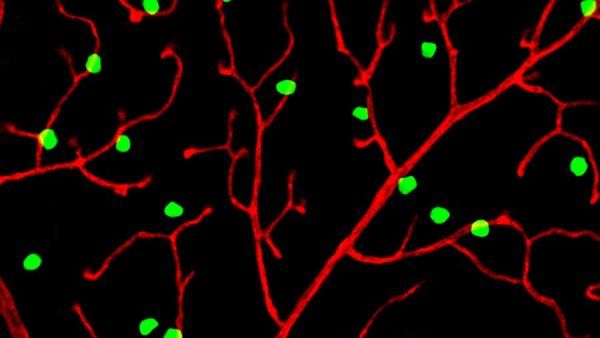
-
Plastic Junk? Researchers Find Tiny Particles in Men’s Testicles
-
Historic UCSF Asian American Cancer Study Gets $12.45 Million Grant; Participants Needed
-
Smoking Fentanyl, Rising in SF, Is a Deadly New Risk for Overdose
While many have shifted to smoking instead of injecting fentanyl, researchers found that there is an increased risk of overdose death from the drug residue accumulated in smoking equipment.
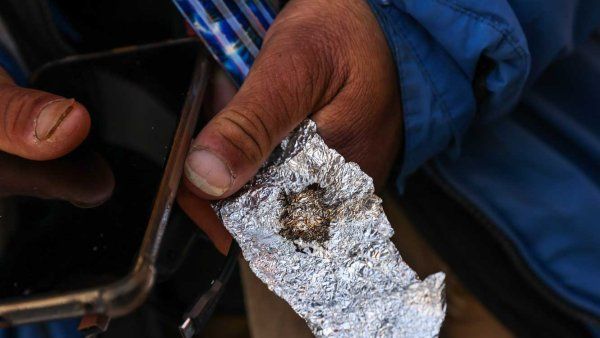
-
New UCSF Study to Find out What Drives Cancer in Asian Americans
UCSF will lead the first long-term study of cancer among Asian Americans, a highly diverse yet understudied group, with the help of a $12.45 million grant from the National Cancer Institute (NCI).
